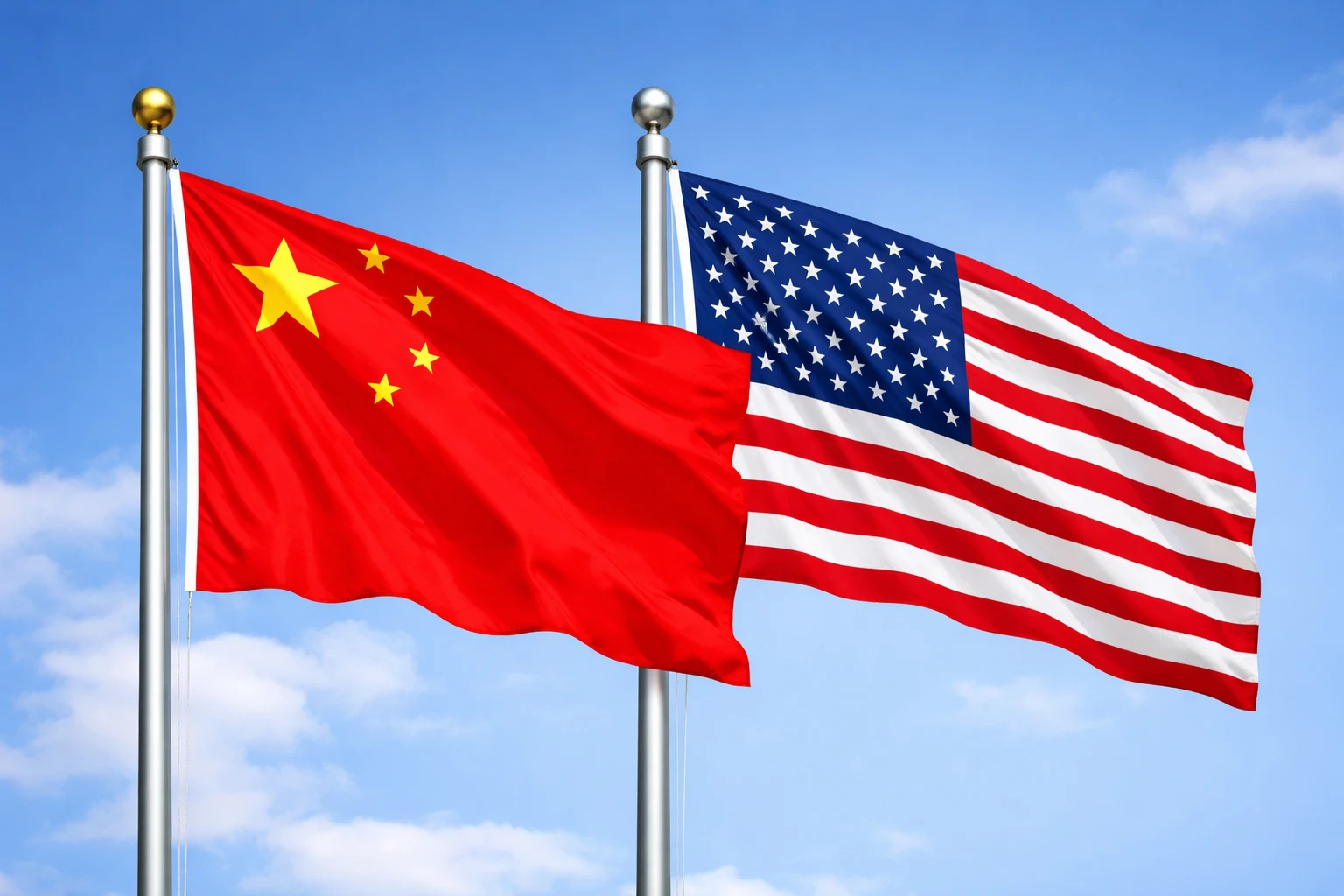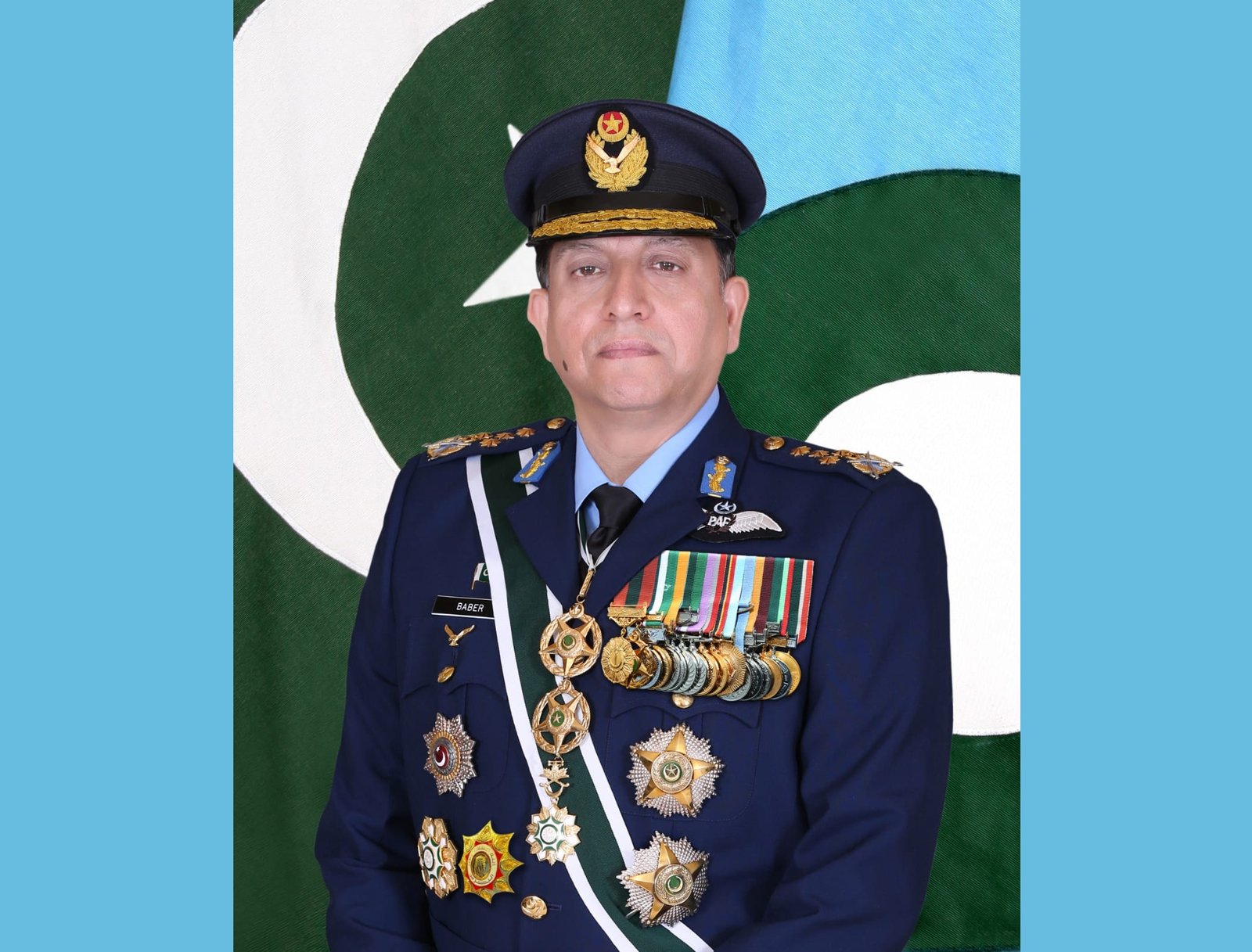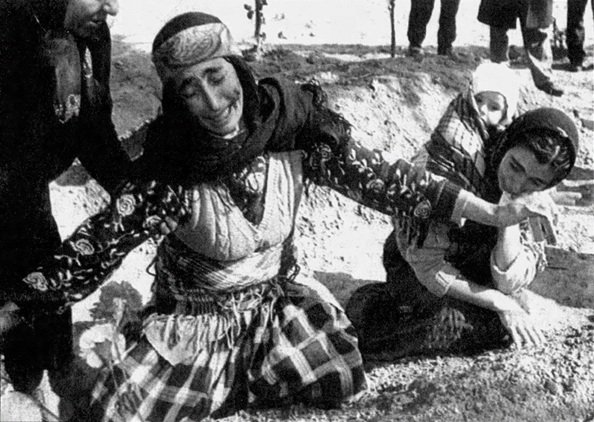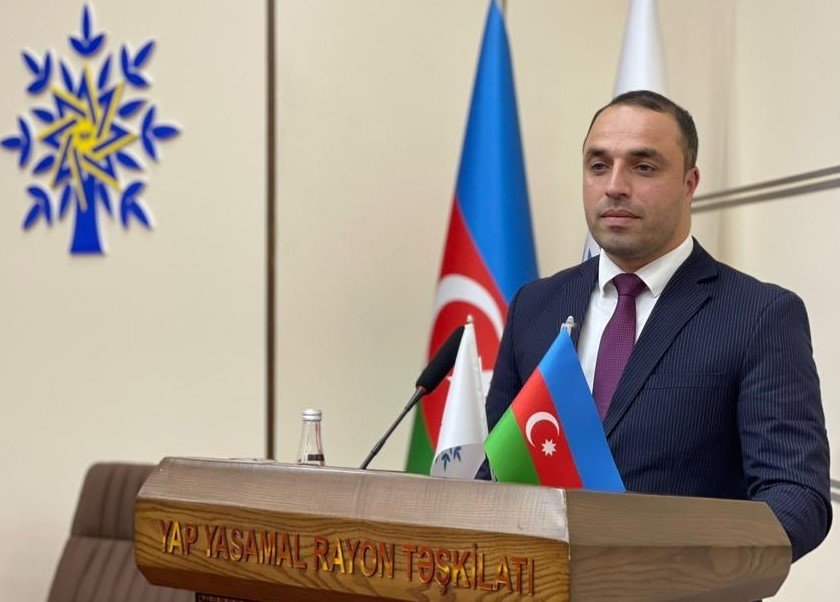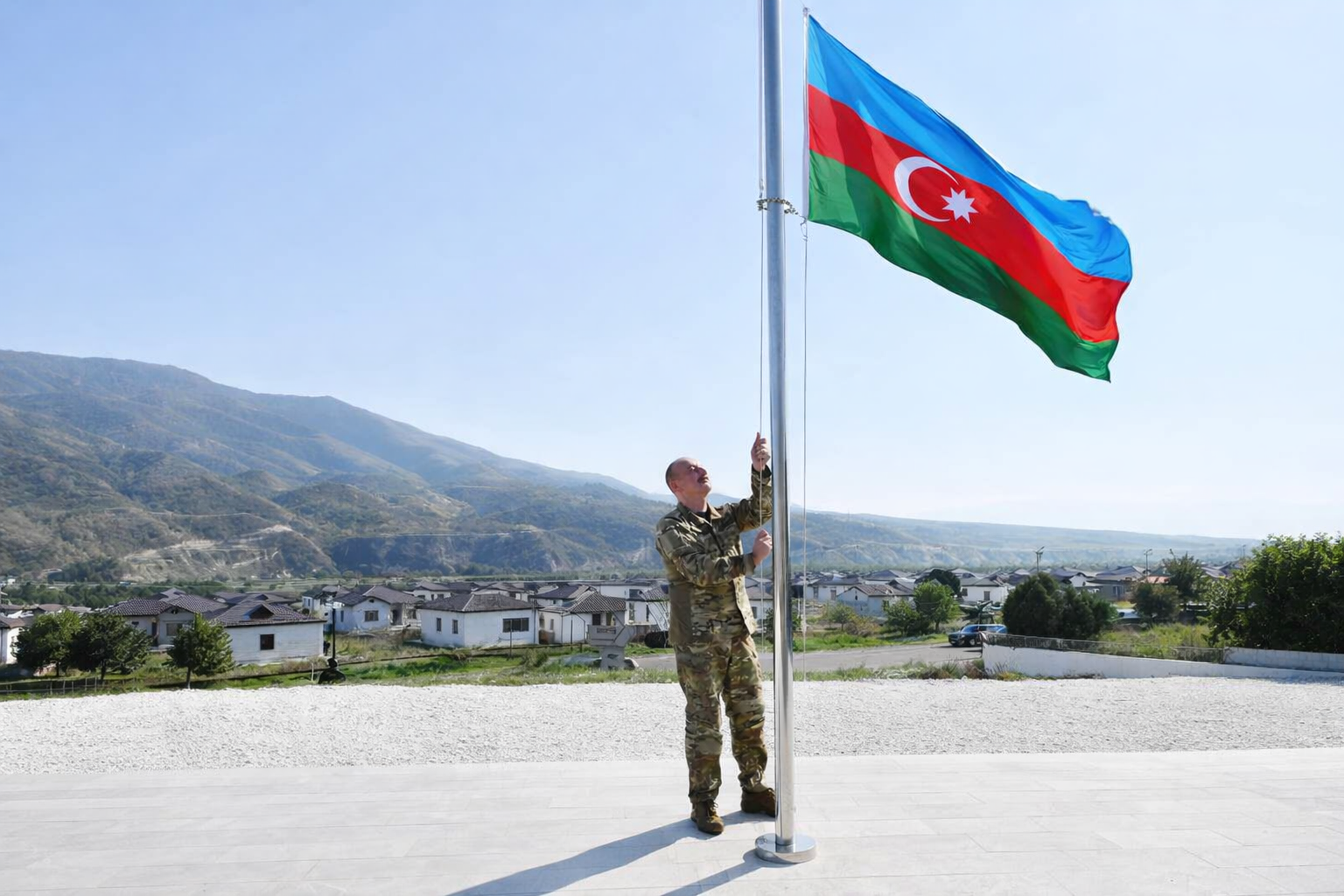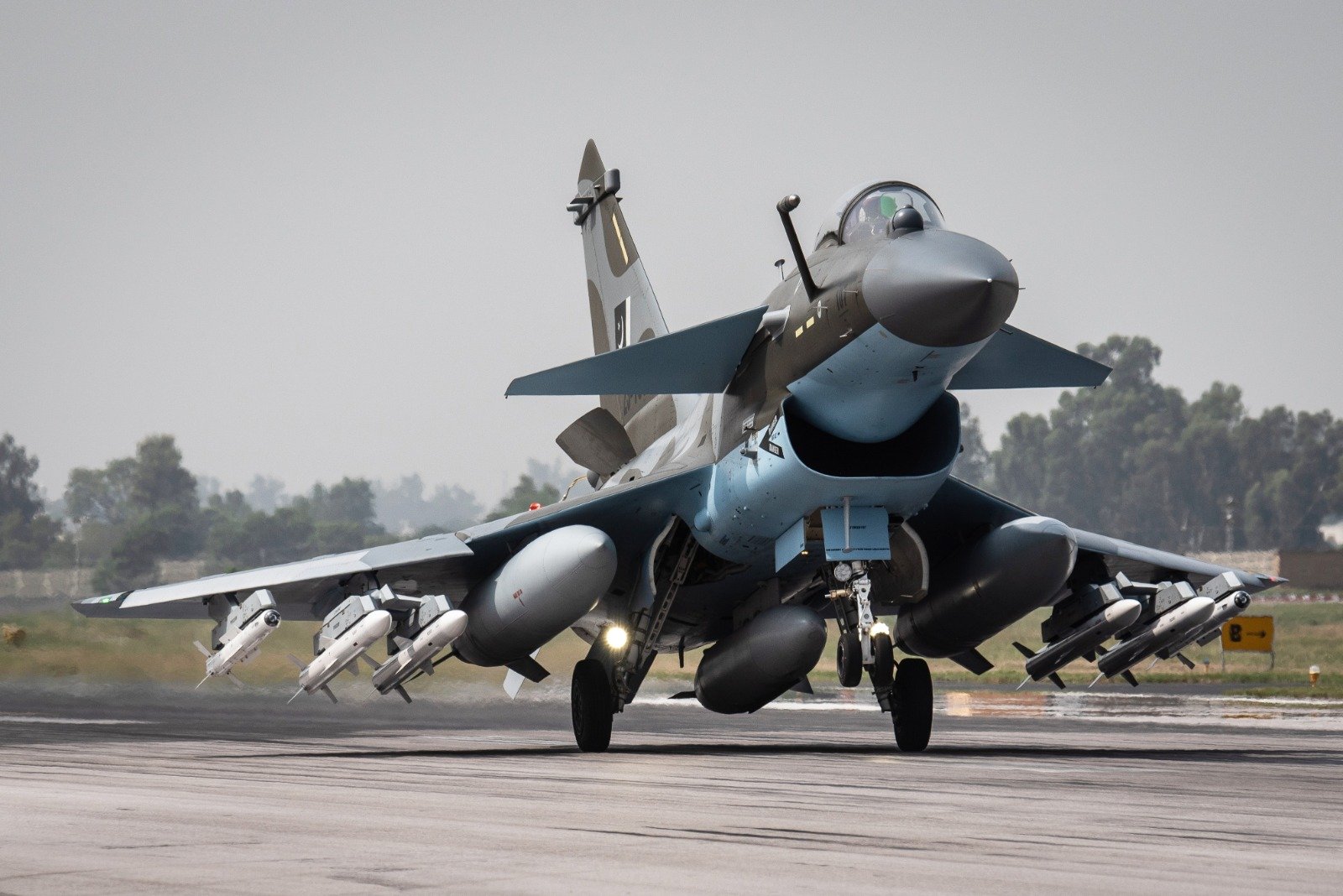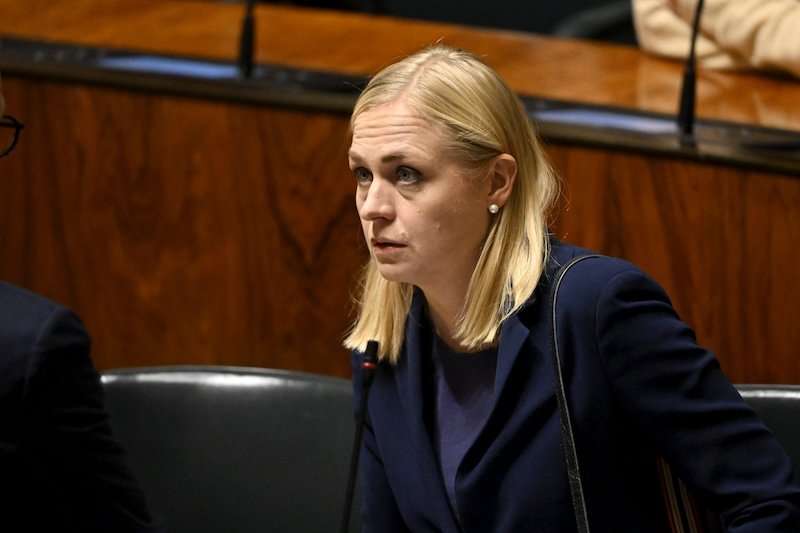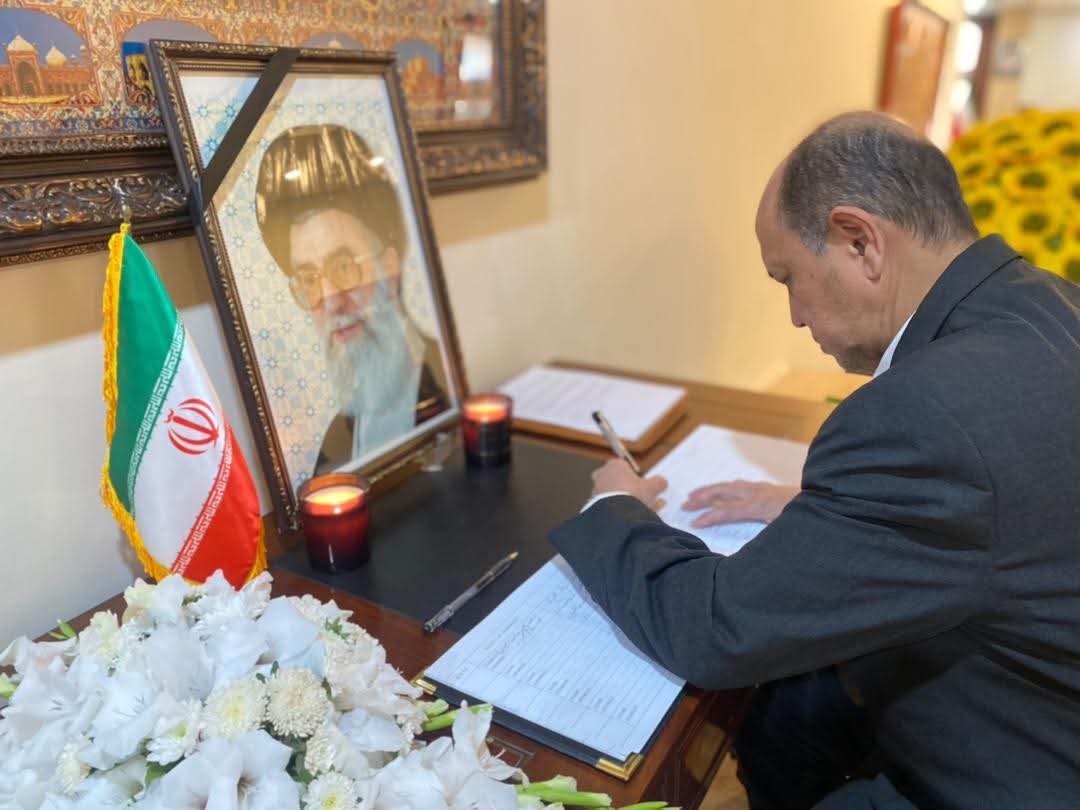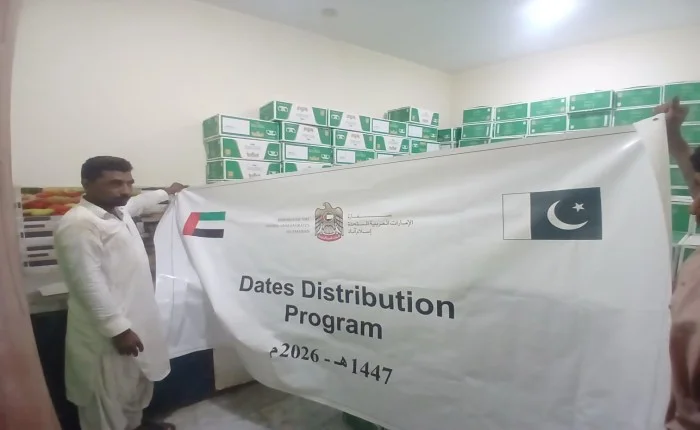Month of May Celebrating Norway: A Model Nation in Diplomacy, National Unity and Global Responsibility enduring values of peace, prudence, prosperity, While India Pakistan at Dangerous conflict. The Case for Norway in South Asia: A Possible Role in India–Pakistan Conflict Resolution
Celebrating National Unity on 17th May the Heartbeat of a Nation
Every year, Norwegians across cities and fjords gather to celebrate 17th May Norwegian Constitution Day. This day marks the signing of Norway’s constitution in 1814 in Eidsvoll, one of the oldest constitutions still in use today. It represents Norway’s enduring commitment to democracy, sovereignty and the rule of law, when the country declared its independence from Danish rule. Unlike typical national days characterized by military parades, Norway’s celebration is uniquely civilian. Streets are filled with children’s parades, traditional dress (bunad) and a spirit of national unity that transcends political divisions and the waving of flags reflect a spirit of togetherness. What truly sets this celebration apart is the deep-rooted sense of national unity. Regardless of ideological differences, political leaders and citizens stand together under the red, white and blue flag as Norwegians first highlighting a powerful message: the country always comes before party. This unity is not performative, it is reflective of Norway’s deeper political and societal stability. The 17th May celebrations epitomize this ethos. This sense of shared purpose has undoubtedly played a key role in Norway’s political and economic resilience.
Norway’s Steadfast Commitment to Global Humanitarianism
Norway has long held a reputation as a humanitarian superpower and widely regarded as one of the most generous nations in terms of development assistance and humanitarian aid. At a time when many high-income countries are reducing international aid budgets, Norway stands out for increasing or maintaining its contributions. Norway has long been recognized as a leading contributor to international development and humanitarian aid. In 2015, the country allocated NOK 34.5 billion to development assistance, representing 1.05% of its gross national income. This commitment has not waned in recent years, Norway has maintained substantial aid levels even as other nations have scaled back.
This is part of a consistent commitment to global development:
| Year | Development Aid (NOK Billion) |
| 2015 | 34.5 NOK Billion |
| 2016 | 36.6 NOK Billion |
| 2017 | 35.1 NOK Billion |
| 2018 | 36.2 NOK Billion |
| 2019 | 39.5 NOK Billion |
| 2020 | 38.9 NOK Billion |
| 2021 | 40.1 NOK Billion |
| 2022 | 42.3 NOK Billion |
| 2023 | 43.0 NOK Billion |
| 2024 | 44.5 NOK Billion |
Political Stability through Pragmatism Logic Over Emotion in Norwegian Politics
Norway operates under a constitutional monarchy with a parliamentary democracy. Political power is exercised by the Storting (Norwegian Parliament), composed of multiple parties that frequently form coalition governments. These are often minority or “hung” governments, yet Norwegian politics remains remarkably stable. The secret? Consensus-driven politics and pragmatism over populism. Norwegian politicians avoid emotional rhetoric; policy debates are logical and evidence-based. As a result, even contentious issues rarely lead to polarization or extremism.
In a world where populism and emotional rhetoric often dominate politics, Norway presents a different model. Its leaders prioritize logic, evidence and pragmatism over ideological passion or personal charisma. This means debates even when intense rarely result in extreme or destabilizing outcomes. Coalition or minority governments are common in Norway, yet political instability is rare. The emphasis is on long-term national interest rather than short-term political wins. This mature political culture contributes directly to national stability and public trust in institutions.
Prudent Economic Stewardship and the World’s Largest Sovereign Wealth Fund
Norway’s economic success is grounded in fiscal responsibility and visionary planning. Unlike many oil-producing nations that have squandered their wealth, Norway saved its oil revenues and invested its oil revenues into a sovereign wealth fund the Government Pension Fund Global. Norway’s economic success is also built on long-term thinking. Today, it is the world’s largest sovereign wealth fund, valued at over USD 1.5 trillion. The fund is designed not just for today’s Norwegians but for future generations, demonstrating Norway’s discipline in saving rather than overspending This fund provides economic security and enables counter-cyclical spending without compromising future generations, Strict rules prevent the government from tapping more than 3% of the fund annually, shielding the economy from boom-and-bust cycles.
This buffer ensures economic security, stability in crises and the ability to continue investing in healthcare, education and green transitions without raising taxes or incurring debt. It also underwrites Norway’s ability to remain independent and proactive in global matters.
Close Cooperation with Europe Without Full EU Membership
Although Norway is not a full member of the European Union, it enjoys close ties through the European Economic Area (EEA) and the Schengen Agreement. Though not a full member of the European Union, Norway is a part of the European Economic Area (EEA). It contributes financially to EU projects and participates in many EU programs. Norwegian integration without full political membership exemplifies how a country can retain sovereignty while contributing to collective European progress. It continues to contribute financially to the EU’s cohesion policy supporting development projects across Central and Eastern Europe. Between 2014 and 2021, Norway provided nearly €2.8 billion to support social and economic equality in Europe through the EEA and Norway Grants. This is a striking example of solidarity without formal EU membership, blending sovereignty with cooperation. Norway and the European Union: A Contributing Non-Member
Green Leadership: Climate Commitments and Global Environment Responsibility
Norway is also a pioneer in environmental responsibility, not only known for peace and prosperity it is a front-runner in environmental sustainability. Norway was one of the first countries to ratify the Paris Agreement. It has committed to reducing greenhouse gas emissions by at least 55% by 2030 (compared to 1990 levels).In 2024, Norway pledged NOK 13.5 billion (~USD 1.3 billion) annually toward international climate finance from 2021–2026 with a focus on renewable energy, climate adaptation and halting deforestation.
Norway’s Key Environmental Contributions (with Figures):
| Project / Area | Contribution (approx.) |
| NICFI – Forest Protection Program | NOK 25 billion (since 2008) |
| Green Climate Fund (GCF) | NOK 3.2 billion committed since 2015 |
| International Renewable Energy Support | NOK 5 billion committed (2021–2024) |
| UN-REDD Programme (Deforestation) | NOK 1.8 billion since 2010 |
| Clean Energy Transition in Developing Countries | NOK 3 billion committed (2021–2026) |
| Electric Vehicle Subsidies (Domestic) | NOK 4 billion annually (2023 data) |
| Carbon Capture and Storage (CCS – Longship Project) | NOK 27 billion total project cost |
Norway’s electric car policies have made it the world leader in EV adoption with over 80% of new cars sold in 2024 being electric.
In addition to its domestic green shift, Norway has led efforts in: Stopping illegal deforestation in the Amazon, Congo Basin, and Indonesia, Funding off-grid renewable energy systems for rural communities and supporting climate-resilient agriculture in Africa and Asia.
These funds support renewable energy in Africa, reforestation in Southeast Asia, and carbon reduction initiatives globally.Through both action and funding, Norway is proving that economic growth can go hand-in-hand with environmental stewardship making it a true climate leader in Europe and beyond.
Technology for the Planet: The TCM Achievement A prime example of Norway’s environmental leadership is the Technology Centre Mongstad (TCM), located in western Norway. As the world’s largest and most advanced facility for testing carbon capture technologies, TCM represents a significant investment in climate innovation. Through www.tcmda.com, the centre showcases Norway’s role in pioneering solutions to reduce global CO₂ emissions and promote sustainable industrial practices. Norway’s commitment to combating climate change is exemplified by its substantial investment in the Technology Centre Mongstad (TCM), the world’s largest facility dedicated to testing and developing carbon capture technologies. Established in 2012, TCM represents a collaborative effort between the Norwegian state, Equinor, Shell, and TotalEnergies, with the Norwegian state holding a 34% stake through Gassnova. The center has received approximately NOK 7 billion (around USD 700 million) in funding presently valued at in billions of dollars, underscoring Norway’s leadership in environmental innovation. TCM serves as a critical platform for testing various CO₂ capture technologies, facilitating global efforts to reduce industrial carbon emissions and mitigate climate change impacts.
A Global Peace Broker: Norway’s Quiet Diplomacy
Norway’s foreign policy is distinctively focused on peace, dialogue and friendship. Unlike power politics seen elsewhere, Norway aims to make friends, not enemies. This philosophy underpins its consistent efforts in global peace mediation.
Norway has played crucial roles in some of the most complex peace processes in modern history:
Middle East: Norway facilitated the Oslo Accords between Israel and the Palestine Liberation Organization in the early 1990s, one of the most iconic efforts toward peace in the region.
Sri Lanka: Norway acted as a key mediator in the long-standing civil conflict between the Sri Lankan government and the Tamil Tigers.
Philippines: Norway has facilitated peace talks between the government and communist insurgent groups.
Colombia: Norwegian diplomats played a quiet but essential role in peace negotiations between the Colombian government and FARC rebels, contributing to the 2016 peace agreement.
In 2024, Norwegian Prime Minister Jonas Gahr Støre reiterated the country’s dedication to conflict resolution, stating that “Oslo is ready to host or support peace talks between Russia and Ukraine”. This offer demonstrates Norway’s consistent stance: war is never the solution, dialogue always is.
This principled neutrality has earned Norway trust across conflicting regions, making it a credible peace broker often working discreetly, but effectively.
Norwegian Diplomacy: A Model of Constructive Global Engagement for Peaceful Engagement
In today’s complex international landscape, where diplomacy often swings between confrontation and cooperation, Norway offers a unique model rooted in mutual respect, quiet pragmatism, and balanced engagement. Unlike states driven by power politics or ideological dominance, Norwegian diplomacy is value-oriented yet non-aggressive, consistently seeking solutions over superiority and dialogue over division.
Central to Norway’s Foreign Service is a set of enduring principles. First, it champions balance over bias, projecting neutrality whether mediating in East-West or North-South divides. This makes Norway a trusted bridge-builder in polarized regions. Its diplomats are known for non-provocative language avoiding emotional or inflammatory rhetoric and instead relying on calm, measured communication. This is not a weakness but a strategic strength enhancing Norway’s credibility on the global stage.
Another hallmark is institutional continuity. Norway’s foreign policy remains stable regardless of political changes at home as it is guided more by professional diplomats and national interest than by short-term party agendas. This consistency builds international trust. Norwegian diplomats are also trained in ethical pragmatism blending legal expertise with conflict sensitivity and cultural humility. This produces a form of diplomacy that is principled, adaptive and globally respected.
A fundamental commitment to sovereignty and non-intervention defines Norway’s relations with other states. While upholding human rights and peace, it refrains from imposing values, thereby earning respect from countries with diverse political systems.
Theoretically, Norway aligns with dialogic diplomacy, which values listening, cultural understanding and sustained communication as tools for resolving conflict. It resonates with schools like Constructivism which highlights the role of norms and identity; Liberal Institutionalism, emphasizing global cooperation; and Soft Power Theory where influence stems from credibility, fairness and moral authority not military strength.
Ultimately, Norwegian diplomacy is designed not to dominate but to connect. Its approach is discreet, deliberate and deeply rooted in the belief that most global challenges are best solved through cooperation, dialogue and empathy.
Key Traits of Norwegian Diplomatic Culture:
Balance over Bias: Maintains neutrality and refrains from ideological polarization.
Non-provocative Language: Emotional intelligence guides diplomatic language, avoiding inflammatory rhetoric.
Institutional Continuity: Foreign policy is stable across political changes.
Ethical Pragmatism: Diplomats are trained in international law, ethics, and cultural sensitivity.
Respect for Sovereignty: Upholds non-intervention while promoting dialogue.
Norwegian diplomacy draws from constructivist and liberal internationalist theories, emphasizing dialogue, institutional cooperation and soft power. Its impact is visible in Africa, Asia, and the Americas, where Norway is respected as a non-imposing, trustworthy partner.
The Case for Norway in South Asia: A Possible Role in India–Pakistan Conflict Resolution
The India-Pakistan conflict remains one of the most volatile and dangerous unresolved rivalries of the modern era. At its core, this is not just a regional dispute it is a global security concern. Both nations are nuclear-armed, with a history of conventional wars and recent escalations that have drawn the world closer than ever to witnessing an unimaginable catastrophe.
The Nuclear Dimension: Escalation Risks with Global Fallout
India and Pakistan possess a combined arsenal of over 300 nuclear warheads, supported by delivery systems including ballistic missiles, aircraft and tactical nuclear weapons. Military analysts and policymakers across the globe watched nervously, as any misstep or miscalculation could have resulted in a nuclear confrontation with global consequences.
The detonation of even a fraction of their nuclear arsenals would not only result in millions of immediate deaths but also cause massive radiation fallout, ecological collapse and long-term atmospheric disruption a phenomenon termed “nuclear winter.” According to climate models, even a regional nuclear conflict could lower global temperatures, disrupt monsoons, and plunge large parts of the world into famine for years. The stakes are planetary.
The Shadow of War: The 2025 India-Pakistan Escalation and Its Global Stakes
In May 2025, tensions between India and Pakistan surged once again after a terror attack on Indian side of Kashmir. India promptly accused Pakistan of complicity escalating political rhetoric into military action. Within days, both nations launched airstrikes, exchanged missile fire and engaged in cross-border attacks, bringing South Asia perilously close to the brink of full-scale war.
This was not mere saber-rattling. It marked one of the most dangerous escalations since the 2019 Pulwama-Balakot standoff. This time, both sides employed modern missile systems and combat aircraft and deployed troops across sensitive border sectors. Intelligence reports indicated that nuclear forces were placed on heightened alert underscoring how real the threat of catastrophe had become.
Had the conflict continued unchecked, the world might have witnessed a nuclear exchange between two nations with over 300 nuclear warheads combined. The consequences would have been apocalyptic: tens of millions of immediate deaths, radiation fallout lasting generations, mass displacement, agricultural collapse and a global climate disruption known as “nuclear winter.” Atmospheric scientists warn that even a limited nuclear war could plunge global temperatures, disrupt food supply chains and trigger worldwide economic depression.
A ceasefire was eventually brokered after urgent intervention from international powers, including calls for restraint from the United States, China and the United Nations. However, the escalation revealed the fragility of peace in the region and the danger of unresolved geopolitical grievances particularly over Kashmir and more recently, water rights.
This tragic episode reinforces the need for neutral and capable mediators. Norway, with its established credentials in peacebuilding and conflict resolution along with its tradition of non-provocative diplomacy is uniquely positioned to help. As part of a broader multilateral effort Norwegian diplomatic engagement could prove essential in crafting a structured dialogueand conflict prevention framework for one of the most volatile rivalries in the world.
A New Flashpoint: The Breakdown of the Indus Waters Treaty
While Kashmir has long been the epicentre of India-Pakistan tensions, the conflict has now entered a new existential phase, a new layer has recently intensified the crisis: water conflict and water warfare.
The Indus Waters Treaty (IWT), signed in 1960 with World Bank support and guaranteed under international law was hailed as one of the most successful water-sharing agreements in history. Despite wars and border skirmishes, the treaty endured serving as a rare example of functional cooperation between two adversarial nations.
However, this fragile framework has now crumbled under geopolitical pressure. Over the past decade, India has accelerated the construction of upstream dams and hydropower projects on rivers allocated to Pakistan, steadily reducing water flow into Pakistan’s territory. But the most alarming escalation came recently when Indian officials announced an aggressive shift in policy, declaring that “not a single drop of water will flow to Pakistan.”
This statement marks a complete departure from the treaty’s spirit and letter. It is more than a technical breach it is seen in Islamabad as a declaration of hybrid warfare targeting the lifeblood of Pakistan’s economy and its people.
The consequences of such unilateral action are profound:
- Pakistan’s agriculture, dependent on the Indus Basin system, faces catastrophic losses.
- Water security for over 200 million people is directly threatened.
- Irrigation networks and entire regional ecosystems could collapse.
- Water scarcity will fuel migration, civil unrest and internal instability.
- Most dangerously, this action could trigger military confrontation, with Pakistani leadership warning that breaking the treaty is tantamount to war.
Pakistan has declared that the violation of this pact constitutes “an act of war”, as the implications are existential: disrupting water access would threaten food security, agriculture, and the lives of over 200 million people in Pakistan. Already burdened by climate vulnerability, such disruptions could lead to mass migration, internal displacement and social unrest with repercussions that spill across borders. This is not merely a bilateral issue it is a humanitarian, environmental and regional security crisis in the making and it calls for urgent international engagement.
Why the World Must Wake Up and Why Norway Can Help?
In this combustible situation, passivity from the international community is no longer a responsible option. The unresolved tensions layered now with nuclear threats, climate insecurity and water crisis demand constructive global mediation. Here lies the opportunity for Norway.
Norway is widely recognized as a neutral, experienced mediator in international conflict resolution. From the Oslo Accords in the Middle East to its work in Sri Lanka, Colombia and the Philippines, Norway has built a diplomatic legacy of discretion, dialogue and long-term engagement. Its approach emphasizes:
- Listening before proposing
- Building trust with all sides
- Non-coercive, neutral facilitation
- Technical expertise in resource-sharing and conflict de-escalation
In the India-Pakistan context, Norway possibly in cooperation with other nations like US, Switzerland, Canada and members of the UN could facilitate the formation of a multilateral working group for conflict resolution and crisis management. This group could focus on:
- Reviving dialogue over Kashmir in a non-zero-sum format along with UN resolutions.
- Mediation on water-sharing arrangements backed by climate science, legal frameworks of World Bank and international legal norms.
- Developing early warning systems and crisis de-escalation protocols
- Promoting Track II diplomacy between civil societies, youth leaders and media groups of both nations
Norway’s Skilled Diplomats: Catalysts for Peace in South Asia
Norway’s diplomatic missions in India and Pakistan are headed by two exceptionally talented ambassadors May-Elin Stener in India and Per Albert Ilsaas in Pakistan who bring deep expertise, regional insight, and a strong commitment to dialogue and cooperation. Ambassador Stener, who assumed her role in India has actively advanced Norway-India relations through initiatives in climate change, cultural diplomacy and peace advocacy. Ambassador Ilsaas, also appointed in Pakistan has been pivotal in strengthening ties with Pakistan focusing on renewable energy, technology cooperation and bilateral political dialogue.
Both ambassadors are well-versed in the complex dynamics of South Asia and possess the diplomatic acumen necessary to initiate and nurture conflict resolution and mediation efforts. Their experience and leadership position them uniquely to design pathways for dialogue and de-escalation between India and Pakistan contributing meaningfully to regional stability and peace. Norway’s tradition of balanced, respectful diplomacy combined with the skilful stewardship of Ambassadors Stener and Ilsaas provides a strong foundation for facilitating constructive engagement and lasting solutions in one of the world’s most sensitive geopolitical hotspots.
A Theoretical Mandate for Preventive Peace
From the perspective of international peace theory, this situation aligns perfectly with the need for preventive diplomacy addressing causes before conflicts escalate into violence. The Responsibility to Protect (R2P) doctrine also highlights the moral obligation of the international community to prevent large-scale humanitarian disasters.
Norway, with its non-colonial history, neutral reputation and ethical foreign policy fits the theoretical profile of a state well-positioned to lead or support such initiatives. Its diplomacy does not provoke; it reassures. Its goal is not influence but stability. These attributes make it acceptable to both Indian and Pakistani constituencies’ two nations highly sensitive to foreign intervention.
Drammen: My Hometown as a Model for Peaceful Coexistence and a Potential Venue for India-Pakistan Dialogue
As a proud resident of Drammen, I have witnessed firsthand how our city exemplifies harmonious multicultural living. Nestled in the heart of Buskerud County, Drammen is home to vibrant Indian and Pakistani communities that coexist peacefully celebrating their cultural heritage while contributing to the city’s rich tapestry. This unity stands in stark contrast to the historical tensions between their countries of origin.
Given the recent ceasefire agreement between India and Pakistan, yet the absence of diplomatic engagement Drammen emerges as an ideal neutral ground for initiating dialogue. The city’s serene environment, characterized by the meandering Drammenselva River, lush valleys and the picturesque Drammensfjord offers a tranquil setting conducive to peace talks. Landmarks such as the Ypsilon Bridge, a symbol of connection and the Spiralen tunnel leading to panoramic views of the city, further underscore Drammen’s commitment to unity and progress.
At the helm of Buskerud county administration is Mayor Tore Opdahl Hansen, a leader with extensive international experience and a deep understanding of multicultural dynamics. His leadership has been instrumental in fostering an inclusive community, making him well-suited to host and facilitate initial peace discussions between India and Pakistan under ministry of foreign affairs umbrella.
Furthermore, the presence of both Indian and Pakistani communities in Drammen can offer first-hand insights into peaceful coexistence serving as a testament to what diplomatic engagement can achieve. Hosting the inaugural meeting at the Buskerud County House would not only provide a neutral venue but also symbolize the potential for reconciliation and unity.
In this spirit, Drammen stands ready to extend its hospitality and support, offering a peaceful environment where dialogue can flourish and a new chapter in India-Pakistan relations can begin.
A Reformist Call for Dialogue: Peace Is the Inevitable End of Every War
It is a truth history has taught us time and again: after every war, nations eventually come to the table to talk. Whether it takes years or decades, the road always leads back to dialogue. The only question is how many lives must be lost before that conversation begins?
As the great Indian leader Mahatma Gandhi once said, “An eye for an eye will only make the whole world blind.” And in the words of the revered Pakistani poet Allama Iqbal, “Nations are born in the hearts of poets; they prosper and die in the hands of politicians.” Let us not allow the legacy of two ancient civilizations to perish in the fire of pride and provocation.
The May 2025 escalation between India and Pakistan brought both nations again to the edge of the abyss. But no matter how close to destruction the conflict came, the world saw clearly that peace was the only survivable option. Both countries agreed to a ceasefire yet refused to sit across the same table. This is where reformist thinking must prevail.
True strength lies not in the power to destroy but in the courage to choose peace. Both governments must accept this universal principle: Every conflict ends in negotiation. Every war ends in dialogue. If that is the inevitable destination, then why wait for thousands to die, for rivers to dry, for economies to collapse?
Let us remind both India and Pakistan: your greatness will not be remembered by the wars you fought, but by the peace you forged. Nations do not rise by defeating others they rise by healing themselves.
Now is the time to make a historic choice not for escalation but for diplomacy. The world is watching. Future generations are waiting. And the door to peace will not remain open forever.
A Window for Mediation Before It’s Too Late
The world cannot afford to ignore the gathering storm over South Asia. The convergence of nuclear risk, water insecurity and climate stress makes the India-Pakistan conflict a global danger zone. A peaceful, sustainable resolution is not just a regional necessity it is a global imperative.
Norway, with its seasoned diplomats, peace-building experience and quiet diplomacy offers a viable and valuable pathway forward. By working alongside other nations and international institutions, Norway can help transform what seems like an intractable conflict into an opportunity for long-term stability.
Let it be remembered: in diplomacy, timing is everything. The time to act is now before the next crisis escalates into irreversible catastrophe.
Conclusion: Learning from Norway
A Pathway to Peace for India and Pakistan
While Norway celebrated its 17th May Constitution Day with joyful parades, civic unity and national pride, two other nations India and Pakistan stood locked in dangerous escalation. One country marked the month with flags, songs and peaceful coexistence; the other with sirens, missile alerts and diplomatic silence. The contrast could not be more profound.
Norway’s example is not just ceremonial it is strategic and instructive. A country once ravaged by poverty and occupation, Norway rose through unity, pragmatism and a deep commitment to dialogue. It is now a global symbol of stability, humanitarian leadership and environmental responsibility. The lesson it offers is clear: peace is not the result of chance but of choice and wise policy. As highlighted in this article:
“True strength lies not in the power to destroy, but in the courage to choose peace.”
Norway’s political culture where leaders unite above party lines to put the nation firs, and its long-term economic vision backed by the world’s largest sovereign wealth fund reflect what sustainable peace looks like in practice. Its diplomacy measured, ethical and inclusive has healed wounds from the Middle East to Latin America.
Now, India and Pakistan must ask themselves: will they wait for the next war, the next disaster, the next act of vengeance? Or will they learn finally that “every war ends in dialogue” so why not begin with it?
In the peaceful towns of Drammen and Lier where Indian and Pakistani communities already live side by side in harmony, and where leadership like that of Mayor Tore Opdahl Hansen champions multicultural unity lies a real opportunity. A venue where the first meaningful step toward South Asian peace could be taken not on battlegrounds but across a table of mutual dignity.
Let May no longer be remembered for near-war but for the first light of reconciliation. Let both nations take inspiration from the Norwegian spirit, peace over pride, diplomacy over destruction and unity over division.
The world is watching. The time to act is now.

Mr. Tahir Mahmood is a renowned expert in the field of counter-radicalisation, known for his extensive work with various governments to solve complex challenges through knowledge based methods and out of box solutions.

Tahir Mahmood is director of Norwegian Resource Centre, a renowned expert in counter-radicalization & governance methods, known for his work with multiple governments to address complex challenges through innovative knowledge-based &scientifically systematic solutions, Author of famous books “The Rational Blueprint “and “The Stable Coin Imperative”: Protecting Banks, Preserving Sovereignty & Pioneering the Future of Finance – A Policy Paper for Governments, Bankers& the Public.
He has contributed to the EU-funded RiskTrack research project & is currently developing a new crime theory.

